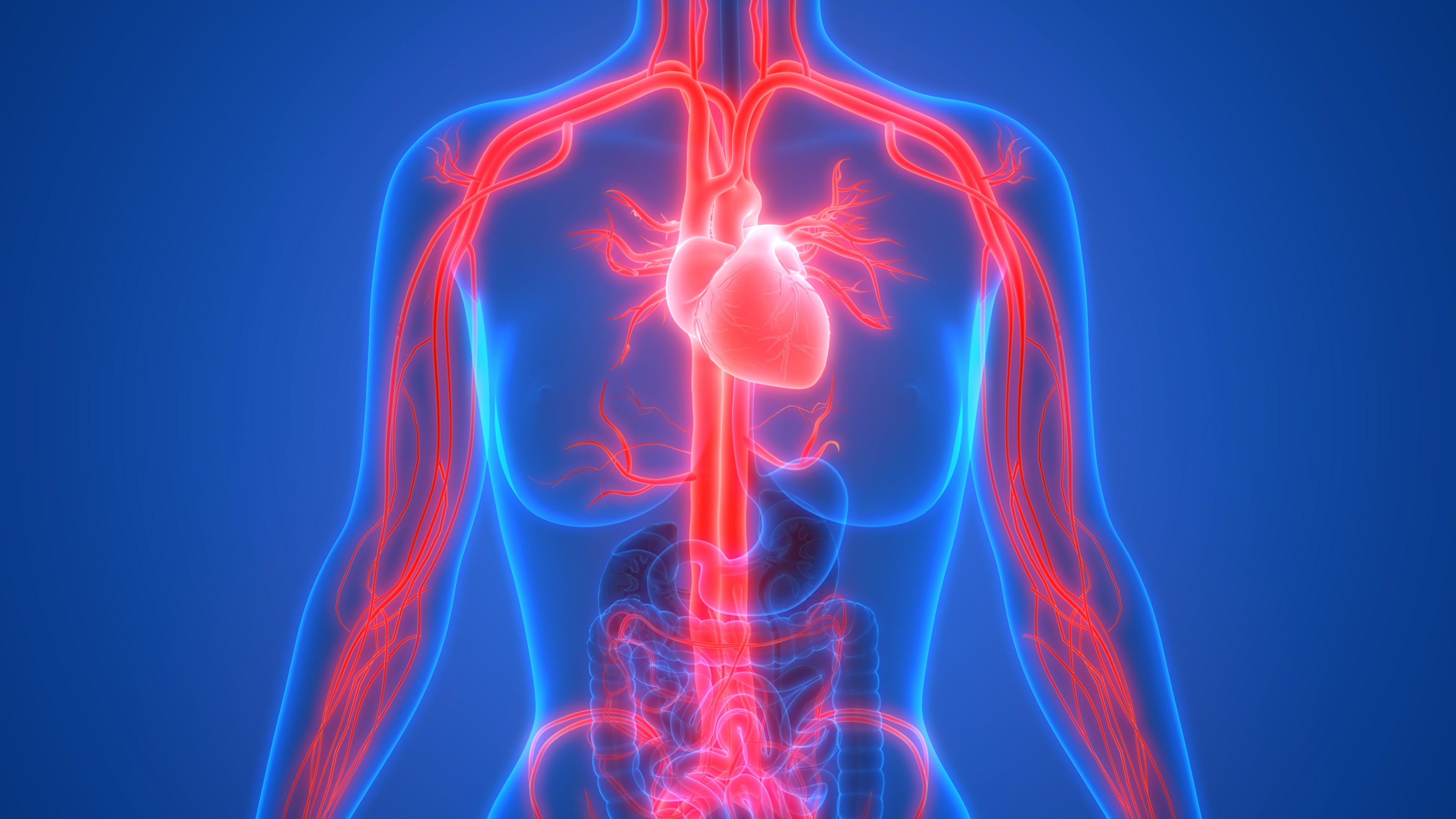Poor circulation can slow or even stop blood flow to your body. This can become a problem as you age. If you suffer from health conditions or are at an increased risk for poor circulation due to pregnancy or certain medications, restricted blood flow can lead to serious conditions. Read on to find how to improve circulation.
What Happens When Blood Circulation Is Slowed?
If blood circulation is slowed down or stopped, it means that blood cannot flow to vital organs, like the heart. Restricted circulation can lead to severe health issues if not treated. It can cause Deep Vein Thrombosis (DVT), which is a very serious and potentially life-threatening condition.
What Are the Signs of Poor Circulation?
Poor circulation can be a hereditary condition for some people. For others, it can be due to medications, health conditions, or an unhealthy lifestyle. These are some symptoms that indicate you may be suffering from poor circulation:
- Excessive and unusual hair loss
- Brittle nails
- Slower healing of bruises, cuts, and sores
- Swelling or tingling feelings in your legs
If you think you may be suffering from poor circulation, meet with your physician as soon as possible. The condition can turn serious very quickly.
Tips to Help Improve Circulation

Poor blood circulation can lead to severe consequences for your health. If you are suffering from poor circulation, here are a few things you do right now to help improve your cardiovascular health and your circulation.
Monitor Your Blood Pressure Regularly
If your blood pressure is too high, you are at risk for poor circulation. Monitor your blood pressure regularly and aim for a result of 120 over 80. If your blood pressure is too high, you may need to meet with your doctor to discuss how you can treat it. You may need to modify your diet, incorporate more exercise into your life, or stop taking certain medications that increase blood pressure.
Quit Smoking
Nicotine is known to thicken the blood, leading to poor or reduced circulation. Plus, there are many other risks associated with smoking and vaping. Quitting smoking will not only improve your circulation, but it will better your entire life.
Exercise Regularly
Many people wonder, “How can I increase blood circulation in my legs?” Exercise is essential to maintain healthy blood flow in the legs. Poor circulation in the legs can cause DVT, a potentially life-threatening condition. So, get moving! Walk, jog, sprint, or use the treadmill. Cardio activities will improve your blood flow. Consider exercises like yoga and squats, as well. These movements can help stimulate blood flow.
Drink More Water
Staying hydrated has many health benefits, and improving blood flow is one of them. Be sure to drink at least eight full glasses of pure water per day. Avoid sugary drinks and stick with water instead. It will hydrate you better and is also better for your health.
Wear Compression Socks
If you suffer from severe blood flow restriction, it is best to invest in a pair of pressure socks. They will squeeze the leg, preventing blood from clotting. Blood clots in the legs can lead to DVT. Wearing pressure socks regularly can improve blood flow and reduce your chances of developing DVT.
Eat a Healthy and Well-Balanced Diet
Ensure your diet is rich in nutritious foods like leafy greens, fruits, vegetables, and lean meats. Too much meat or processed foods will make poor circulation worse. Healthy foods will help keep your arteries from blocking. Keep saturated fat to a minimum, as well as salt. Unhealthy foods can harden the arteries, making it more difficult for blood to flow normally.
Soak in a Warm Bath
This is definitely not a long-term solution, but if you find your circulation to be very slow, a warm bath can help get your blood flowing again. If you are suffering from poor circulation, make sure to visit with your doctor to see what you can do to improve this condition in the long term. A quick fix can help you out in a bind, but should not be considered a solution to the problem.
Take a Bergamot Supplement
The question always comes up: “What pills help circulation?” While there is no magic prescription pill, >Bergamot supplements can help! If you’re looking to increase circulation in your legs and feet naturally, this supplement can help by infusing your body with natural stimulants to push blood flow and improve cardiovascular health. You can check Blood Pressure RX and some other supplement products that will help with blood pressure and overall circulation.
Reduce Your Alcohol Intake
Too much alcohol can harden the arteries and restrict blood flow. Keep alcohol consumption to a minimum, and your blood circulation will improve. Alcohol also increases blood pressure, and this is critical to avoid if you already have poor circulation. In addition to the other health benefits of reducing your alcohol intake, quitting this habit can significantly improve your circulation, blood pressure, and general heart health.
Stand Up and Move!
Sitting for extended periods is detrimental to your circulation. Instead of sitting at your desk for eight straight hours a day, get up at regular intervals. Every hour, be sure to get up and walk around. You can even work standing up if you want to get the circulation flowing even more. If this is not an option for you, be sure to pause at regular intervals, several times per day, to keep the blood flowing and prevent blood clots from forming.
Can Poor Circulation Be Reversed?

In many cases, poor circulation is the result of poor lifestyle habits. It is not a permanent condition. You can work towards improving your blood circulation with the regular intake of healthy foods, regular exercise, and natural health supplements designed to stimulate blood flow, reduce blood pressure, and improve general cardiovascular health.
The Bottom Line
If you are suffering from or are at risk for reduced blood flow, you must meet with your physician. They will be able to help you come up with a health plan that works for your needs. In some cases, medication may be necessary to control conditions like diabetes or high blood pressure.
The information being presented in this blog is intended to be used as educational or resource information only. It is not intended to be a substitute for medical advice from your healthcare provider. This content should not be used for the diagnosis or treatment of any medical condition. If you have any questions or concerns about your health, please contact your healthcare provider. You should call 911 for all medical emergencies. Revive MD is not liable for any advice or information provided on this blog, which advice or information is provided on an “as-is” basis, and assumes no liability for diagnosis, treatment, decisions, or actions made in reliance upon any advice or information contained on this blog. No warranties, express or implied, are made on the information that is provided.





 Liver & Detox Support
Liver & Detox Support
 Gut & Digestive Health
Gut & Digestive Health
 Hormones, Stress & Metabolism
Hormones, Stress & Metabolism
 Sleep & Relaxation
Sleep & Relaxation
 Heart, Brain & Immune Health
Heart, Brain & Immune Health


